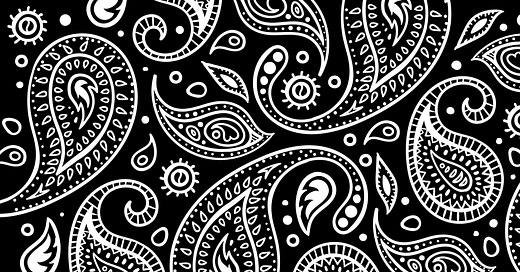It is an invidious task to select models, as I intend to, from amongst the many University leaders that I have studied under, or worked for. These are leaders, each sharply distinctive, and each an exemplar of a particular style and approach that is strongly personal, but from which there is much to learn.
There are many who would have made the list were I to have set the criteria differently: Sir Eric Ash (Imperial College 1985-93), for example, a professional and scientific role model; Prof Michael Arthur (UCL 2013-21), has been kind and supportive; Sir Adrian Smith (QMUL 1998-2008, University of London 2012-18), is an admired colleague, having served in academia and government with distinction, whilst somehow preserving a sense of humour and proportion. I have learnt from some truly inspiring and visionary leaders from outside academia. You know who you are. And, of course, I wish that I could reflect the diversity that I aspire to see in our future leadership.
Sir Ralf (later Lord) Dahrendorf (LSE 1974-84). For me, the measure of a university leader. A man whose impact was felt by every student who studied at the LSE during that period. An intellectual giant, a politician of principle, a man who carried his personal history and war-time experiences lightly but not invisibly. Questioning, rigorous, imbuing the institution with a liberal outlook that spoke to the purpose and spirit of the LSE. Inclined to turn up at seminars and student events and, without show or affect, with German seriousness and British wit, demand we met his standards.
Sir Jocelyn Stevens (Royal College of Art 1984-92). Quite frankly, nobody's idea of an academic and perhaps an eccentric choice for a model. Possessed of style and panache, sometimes scary, always unpredictable, but with an unerring eye for creative talent and the passion to advocate for it. Recognisable as properly conforming to the role of artistic 'patron' by the staff of the RCA and as an appropriately colourful figurehead by the students. The sharp edges much eased by the presence of his wonderful partner, Dame Vivien Duffield. He was 'sui generis' but undoubtedly the right person for an art and design college at that political moment.
Sir Derek Roberts (UCL 1989-99 & 2002-3). An unlikely President & Provost of UCL you might think, and yet in large part, the architect of the current institution. His industrial background, at GEC under the challenging leadership of Lord Arnold Weinstock, and his manner - direct, sometimes brutal - would not be thought a good match with UCL's messy liberal collegiality. Still, his willingness to be convinced, his boldness once convinced - perhaps his defining characteristic, and his wholehearted commitment to what UCL could be, enabled a transformation. This transformation is most readily to be seen in the game changing institutional mergers that he oversaw. It is too easy to forget, viewing his managerial successes, that Derek Roberts was also an excellent engineer and scientist whose instincts were solidly founded.
Sir Malcolm Grant (UCL 2003-13). I worked with Malcolm Grant for much of the time he led UCL and yet I find his extraordinary style is difficult for me to pin down. Perhaps, like a close-up magician the nearer you are the harder it is to see. Sharply analytical, but simultaneously supple, with a deep understanding of behaviours and motivations. Political, but at the same time strongly principled and with the courage to maintain those principles when the going gets tough. Strategic, but untroubled by being opportunistic. Persistent, but prepared to let go, and not look back. Charming, but essentially private. In short contradictory, but with his strength entirely contained within those contradictions. He saw how UCL could develop in a way consistent with its culture subtly directing it 'along the grain' and making profound change seem natural and almost effortless.
[This was written before the death of Sir Eric Ash. I will miss him and recall with warmth his advice and support.]



